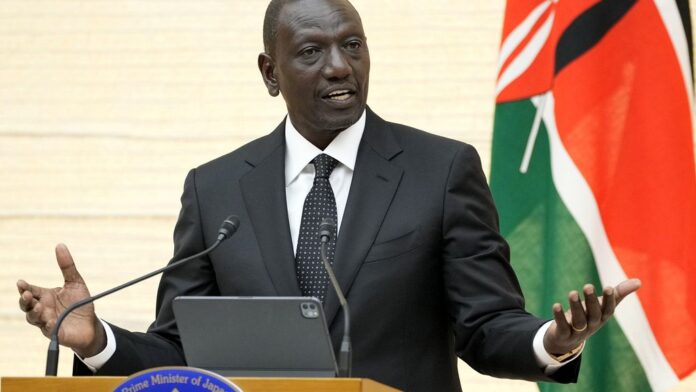In response to widespread criticism of the recently introduced $30 entry fee for passport holders, Kenya has taken decisive action by waiving entry fees for citizens from South Africa and six other nations. This significant move comes as the government aims to stimulate tourism and facilitate business travel within the region. Initially, the imposition of visa requirements on all foreign passport holders drew criticism for its potential impact on travel costs and bureaucratic processes, prompting a reevaluation of the policy.
Under the new regulations, passport holders from South Africa, Ethiopia, Eritrea, Congo-Brazzaville, Comoros, Mozambique, and members of the East African Community (EAC) regional bloc are now exempt from entry fees. Additionally, San Marino, Europe’s third-smallest nation, joins the list of exempted countries, highlighting Kenya’s efforts to foster international partnerships and cooperation.
A memorandum issued by Kenya’s interior ministry and immigration department cited “visa abolition agreements or signed bilateral visa waiver agreements” as the basis for the exemptions granted to these countries. Despite the waiver of entry fees, travellers from these nations are still required to obtain an electronic travel authorization (ETA) document, valid for a period of 90 days, prior to their visit.
This strategic policy adjustment not only aims to alleviate concerns regarding increased travel costs but also underscores Kenya’s commitment to fostering regional integration and enhancing diplomatic relations. By streamlining entry procedures for select countries, the government seeks to promote cross-border travel, spur economic activity, and capitalize on the potential for enhanced cultural exchange and collaboration.
In summary, Kenya’s decision to waive entry fees for passport holders from designated countries reflects a proactive approach to addressing concerns raised by stakeholders while simultaneously leveraging tourism and business opportunities. As the nation continues to prioritize measures aimed at facilitating travel and promoting regional cooperation, these initiatives are poised to contribute positively to Kenya’s socio-economic development and its standing on the global stage.


